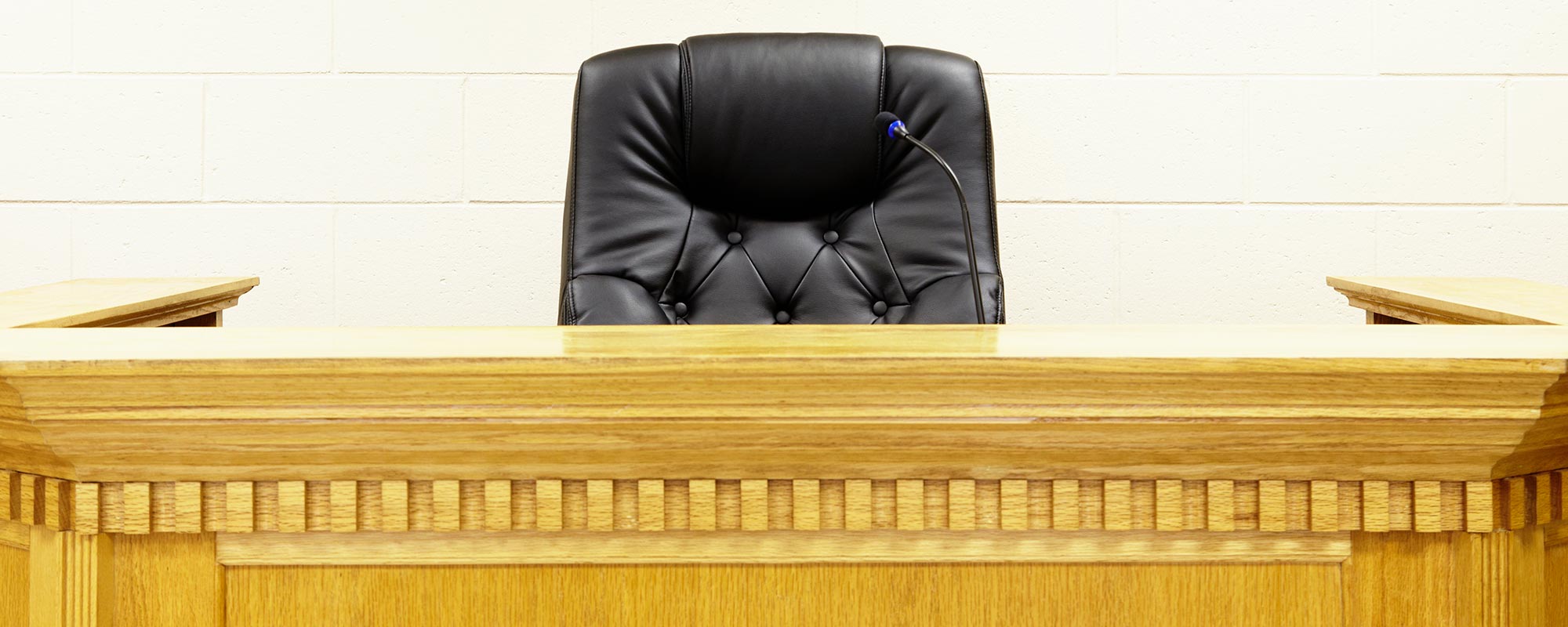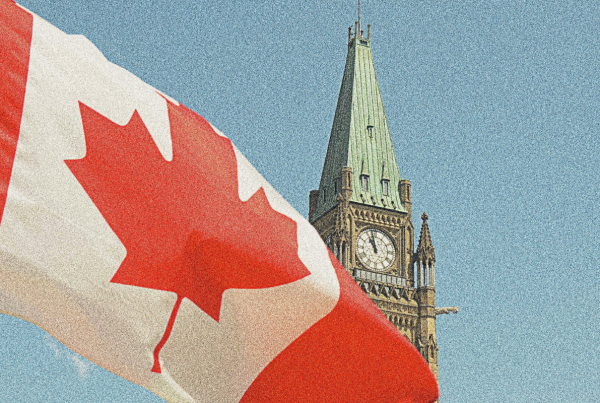December 4, 2020
We can be justifiably smug in Canada about our internationally renowned independent judiciary, in contrast to our southern neighbours, where partisanship turns judicial appointments into a political circus. But a recent decision of the US Supreme Court on a New York anti-COVID restriction should be humbling for Canadians considering the state of our legal system. It’s not so much the ruling itself, but the fact that it even happened. Whereas Americans can and do get timely adjudication of their constitutional rights before their courts, Canadians simply don’t.
Last week, in Catholic Diocese of Brooklyn v. Cuomo, the US Supreme Court suspended a NY executive order not dissimilar to the provincial orders that get made every week in Canada. This has been big news in the US with the media focus primarily on judicial politics – how President Trump’s appointments are changing America. Of late, three decisions of that Court were released on state regulation of the pandemic, regarding places of worship.
This is mind-blowing to me. In Canada, we have zero Supreme Court of Canada decisions on any pandemic regulation by any level of government. In fact, we may not have a single appellate decision on a pandemic regulation, anywhere in Canada. It’s true that the aforementioned US decision was an injunction appeal, which do move more quickly than final judgements. But we don’t have any Canadian injunction appeals on the pandemic heading to Ottawa.
What is being achieved in the US and other nations even more litigious (like Germany, Sweden, Israel) is more rigorous legal attention paid to human rights. The baby isn’t thrown out with the bath water – there is plenty of deference to executive justifications for proportionate, empirically-sound restrictions. It’s simply more democratic.
Globally, there is far less litigation per capita in Canada, even compared to our colonial predecessors UK and France. This is so for a variety of reasons, adding up to a vicious cycle of unchecked governmental power. If one knows that no remedy can be found for a right, because it takes so long to get a matter through the courts, then one is a lot less likely to launch litigation in the first place. Also, because public interest litigation is so rare in Canada, there is unusual scrutiny placed upon the litigants for launching it in the first place.
For instance, the Mayor of Toronto decried litigation brought by our organization along with a coalition of homeless activists and providers last April regarding City mismanagement of homelessness. “I think things like this lawsuit not only are unhelpful; it is unproductive because it takes time away from city staff actually responding to the crisis to instead write legal memos,” he said. Now, this is expert political spin, but it’s also crazy-talk, because the City retained lawyers to fight our case, not housing staff!!
Canadian reluctance to make legal waves affects institutions, businesses, and maybe even the expert witnesses too often needed for this litigation. Finding an epidemiologist willing to testify against a pandemic regulation reminded me of finding a technologist willing to testify against Google, back when we were in litigation over the Quayside waterfront project. Good luck, especially if you’re a small charity like ours, or a small business, let alone an individual.
But don’t get me wrong. The major impediment to timely adjudication of our constitutional rights is the administration of justice in Canada. The judges and lawyers are working plenty hard. There just aren’t enough courts with enough judges with enough capacity to manage an urgent legal issue with due dispatch. We aren’t built like the US system, because of a shortage of supply, which reinforces a tepid demand. The result is a drag on our freedom, our democracy.
After all, these US courts are forcing federal and all state governments to move beyond an overstated, lazy debate about life over liberty. If that were true, then why not just govern like China, impose house arrest on all, without exceptions? Because we can do better in Canada. We can use a scalpel, not a sledgehammer, to make necessary, proportionate, demonstrably justified limitations of our constitutional freedoms.
Since we cannot revolutionize our legal system overnight to render timely justice, perhaps it’s time for the federal government to flex its constitutional muscles to install ad hoc tribunals during public emergencies for the little guy to get a hearing — enlisting lawyers, paralegals and the wealthy arbitration industry in Canada to undertake some extra public service. Or god forbid, governments could urgently appoint enough judges and court staff, particularly now that courtrooms can be replaced by online hearings. Call it emergency management of our rights, to bolster public confidence in Canada’s increasingly overwrought pandemic governance.
Michael Bryant is Executive Director of the Canadian Civil Liberties Association, and was the 35th Attorney General of Ontario, so he admits that he is partly to blame.
About the Canadian Civil Liberties Association
The CCLA is an independent, non-profit organization with supporters from across the country. Founded in 1964, the CCLA is a national human rights organization committed to defending the rights, dignity, safety, and freedoms of all people in Canada.
For the Media
For further comments, please contact us at media@ccla.org.





